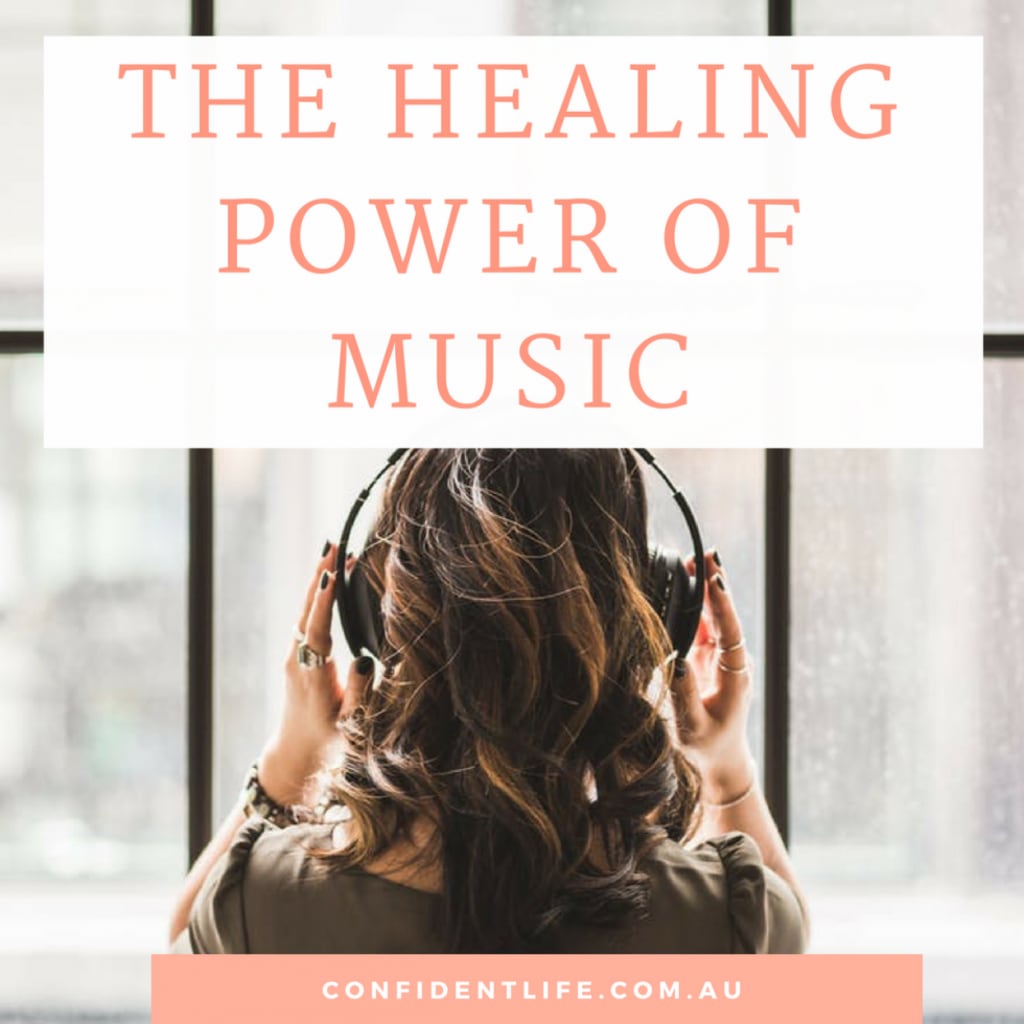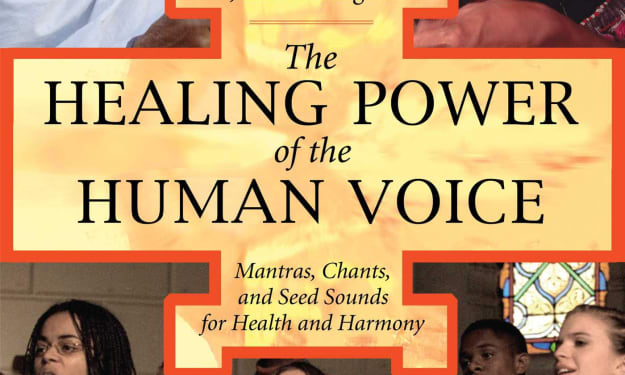The Healing Power of Music
How Singing Can Improve Mental Health and Well-Being

Music has the power to move us in profound ways, and recent research has shown that singing, in particular, can have a range of positive effects on mental health and well-being. In this exploration of the healing power of music, we'll delve into the science behind how singing can improve our mood, reduce stress, and even boost our immune system.
We'll discuss the role that music has played in different cultures throughout history, and how it has been used to promote emotional expression and social connection. We'll also hear from singers and music therapists who work with people of all ages and backgrounds to harness the power of music as a tool for healing and growth.
Additionally, we'll explore the different techniques and strategies that can help singers maximize the benefits of their practice, from breath control to vocal warm-ups. And we'll discuss the ways in which singing can be used to address specific mental health challenges, such as anxiety and depression.
Ultimately, this exploration of the healing power of music and singing will leave you with a deeper appreciation for the incredible potential of music as a source of joy, connection, and healing. Whether you're an experienced singer or simply someone who loves to belt out a tune in the shower, this episode is sure to inspire you to use the power of your own voice to improve your mental health and well-being.
Music has long been recognized for its therapeutic benefits, from calming anxiety to improving mood and reducing stress. But did you know that singing, in particular, has been shown to have unique benefits for mental health and well-being?
In this exploration of the healing power of music, we'll delve into the science behind singing and mental health. We'll discuss how singing engages the body and brain, triggering the release of endorphins and reducing cortisol, the stress hormone. We'll also look at the ways in which singing can improve breathing, posture, and vocal control, all of which can have positive impacts on mental and physical health.
Additionally, we'll talk to individuals who have experienced the benefits of singing firsthand, from community choir members to professional vocalists. We'll hear their stories and learn about the ways in which singing has helped them cope with challenges such as depression, anxiety, and trauma.
Finally, we'll discuss the various ways in which singing can be incorporated into a mental health and well-being routine, from group singing activities to solo vocal exercises. Whether you're an experienced vocalist or simply looking for a new way to boost your mental and physical health, this exploration of the healing power of music is sure to inspire and inform.
Music has been recognized for its therapeutic and healing properties for centuries, and research has shown that it can have a powerful impact on our physical and mental health in a variety of ways. Here are some of the key ways in which music can have healing power:
- Reducing Stress and Anxiety: Listening to music has been shown to reduce levels of the stress hormone cortisol in the body, which can help to alleviate feelings of anxiety and promote relaxation.
- Boosting Mood: Music has the ability to trigger the release of feel-good chemicals such as dopamine and endorphins in the brain, which can elevate our mood and improve our overall sense of well-being.
- Enhancing Memory and Cognitive Function: Music has been shown to have a positive impact on memory and cognitive function, particularly in individuals with neurological conditions such as dementia and Alzheimer's disease.
- Providing a Sense of Connection and Community: Participating in group musical activities such as singing in a choir or playing in a band can foster a sense of connection and belonging, which can have positive effects on mental health and well-being.
- Supporting Physical Rehabilitation: Music therapy has been shown to be effective in supporting physical rehabilitation efforts, particularly in individuals recovering from stroke or other injuries that affect mobility and coordination.
Overall, music has the ability to engage and impact us on multiple levels, from the emotional to the physical, and its therapeutic benefits are vast and wide-ranging. Whether you're listening to your favorite song to unwind after a long day or engaging in music therapy to support your recovery from a health condition, music can be a powerful tool for healing and well-being.
About the Creator
Ajay Balaji
Ajay is a dynamic and versatile vocal artist who has dedicated their career to exploring the many different ways in which the human voice can be used to create impactful and memorable performances. With a background in music and theater





Comments
There are no comments for this story
Be the first to respond and start the conversation.